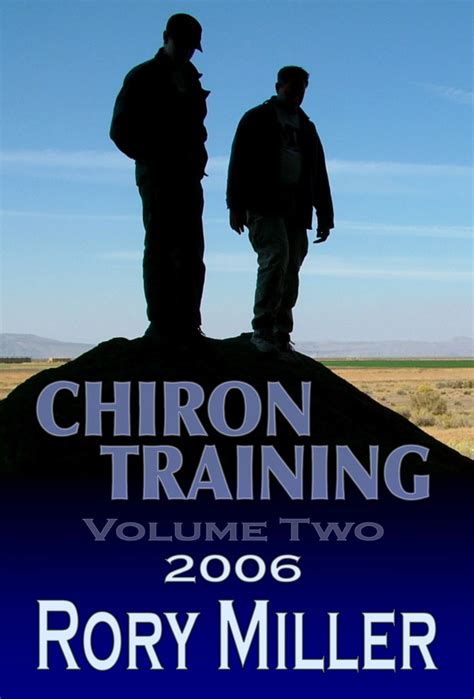A Quote by Salman Rushdie
You can't assume if you do something contentious that people will be on your side. The moment violence enters the story, the story changes. Then the question is, "How do you face up to violence?" And then you have to have a no-compromise position. And this is quite simply a lesson we learn in the school playground.
Related Quotes
My approach to violence is that if it's pertinent, if that's the kind of movie you're making, then it has a purposeI think there's a natural system in your own head about how much violence the scene warrants. It's not an intellectual process, it's an instinctive process. I like to think it's not violence for the sake of violence and in this particular film, it's actually violence for the annihilation of violence.
I'm so sick of seeing guns in movies, and all this violence; and if there was going to be violence in Pines, I wanted it to actually be narrative violence. I wasn't interested in fetishizing violence in any way of making it feel cool or slow-motion violence. I wanted it to be just violence that affected the story.
I must remind you that starving a child is violence. Suppressing a culture is violence. Neglecting school children is violence. Punishing a mother and her family is violence. Discrimination against a working man is violence. Ghetto housing is violence. Ignoring medical need is violence. Contempt for poverty is violence.
We brainstorm an idea and then we do flesh it out a little bit - we come up with a script, mostly to have beats and a sense of a story and a narrative arc. Often when we get into the space and onto the location, that changes and something we discover in the moment becomes the moment, becomes the story, becomes the character.
Really, the moment you have any idea, the second thought that enters your mind after the original idea is, "What is this? Is it a book, is it a movie, is it a this, is it a that, is it a short story, is it a breakfast cereal?" Really, from that moment, your decision about what kind of thing it is then determines how it develops.
As I see it, a successful story of any kind should be almost like hypnosis: You fascinate the reader with your first sentence, draw them in further with your second sentence and have them in a mild trance by the third. Then, being careful not to wake them, you carry them away up the back alley of your narrative and when they are hopelessly lost within the story, having surrendered themselves to it, you do them terrible violence with a softball bag and then lead them whimpering to the exit on the last page. Believe me, they'll thank you for it.
One of the greatest sins in any story is false suspense. The kind of 'suspense' that disintegrates the moment you give your reader one second to think about it. And it's an easy trap to fall into, so watch carefully for it. If your story hinges on the question, 'Will Superman be pushed so far in his battle against Lex Luthor that he'll have to kill him?', or if your big cliffhanger moment is, 'Wow, is Spider-Man really dead this time?', then I understand Food Lion is hiring.
Sadly, the same leaders who call on Palestinians to abandon violence have been silent in the face of Israeli repression. By condemning violent Palestinian resistance while remaining silent in the face of Israeli crackdowns and political arrests, they are simply endorsing violence against civilians by one side instead of the other.
It's often been said, "Violence never solved anything." The simple truth is that when you are slammed up against the wall and the knife is at your throat, when a circle of teenagers is kicking you as you curl into a ball on the sidewalk, or when the man walks into your office building or school with a pair of guns and starts shooting, only violence, or the reasonable threat of violence, is going to save your life. In the extreme moment, only force can stop force.




































